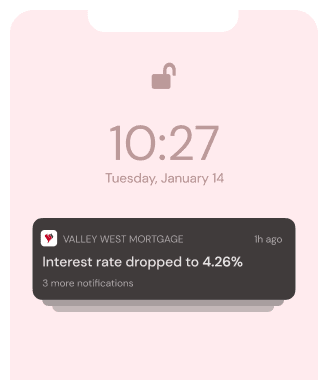If you’re interested in financing a home, there is one apparent and prominent thing you are going to need: cash.
It may not be paper money, but some sort of equity or credit to put up on a test of good faith. Money is the driving force behind the American economy, and in the last 15 years, it has been the source of many anxious American’s problems and successes. We struggle when we have too little, we forget appreciation when we have too much. Like it or not, this is the way the game is played here, so therefore, it’s best for consumers to look out for themselves.
In 2010, President Barack Obama signed a piece of legislation to make sure that consumers have a big brother watching over them, and the Consumer Financial Protection Bureau was born.
Established by the Dodd-Frank Wall Street Reform Consumer and Protection Act, the CFPB oversees “the Federal financial laws that specifically protect consumers” according to the White House website. This encompasses a large part of the country’s population, in particular to mortgaged home owners, who make up about 70 percent of occupied owner homes in the United States, according to USDTA.
Since its inception, and even beginning as an idea back in 2007, the CFPB has experienced its fair share of ups and downs, but it is very important that consumers in America who put their money in banks, credit unions, and loans to survive, understand the ins and outs of what this Bureau does and why it was created.
Before its creation, there was no one central organization charged with overseeing consumer protection, but rather a slew of companies. A situation like this could potentially cause people to be on many different pages when it comes to knowing what paperwork they’re signing and why. This was the central idea behind creating the Bureau: to make sure that Americans understand, read, and know the fine print, particularly riding the coattails of a time when mortgages were being sold to those who couldn’t afford them.
According to the White House website, the lack of central rules over the whole market contributed to the “epic” economic crash. In addition to overseeing Federal banks and credit unions, the CFPB also now oversees privately owned institutions.
So what exactly is the CFPB protecting you, the consumer, from? Well, hidden fees and deceptive practices, according to the White House website. The estimated large portion of Americans who use payday lenders is a group they target, in an effort to keep all financial and non-financial institutions honest and not deceive the consumer. They also offer education for consumers to make sure they have the information they need before making major financial decisions, based off they’re publicly available research. The promise to enforce the regulations on all groups as well. This can be seen in implemented policies such as “know before you owe: student loans.”
However, like any startup, it has not been without people’s opinions of their faults. For more information on the CFPB, please visit the White House website or consider reading “A Watchdog Grows Up: The inside story of the Consumer Financial Protection Bureau” from January 2014 blogs on the Washington Post website.

Instant notifications for your scenario
Let's do it⏰ Your offer will be delivered to your inbox in less than a minute!